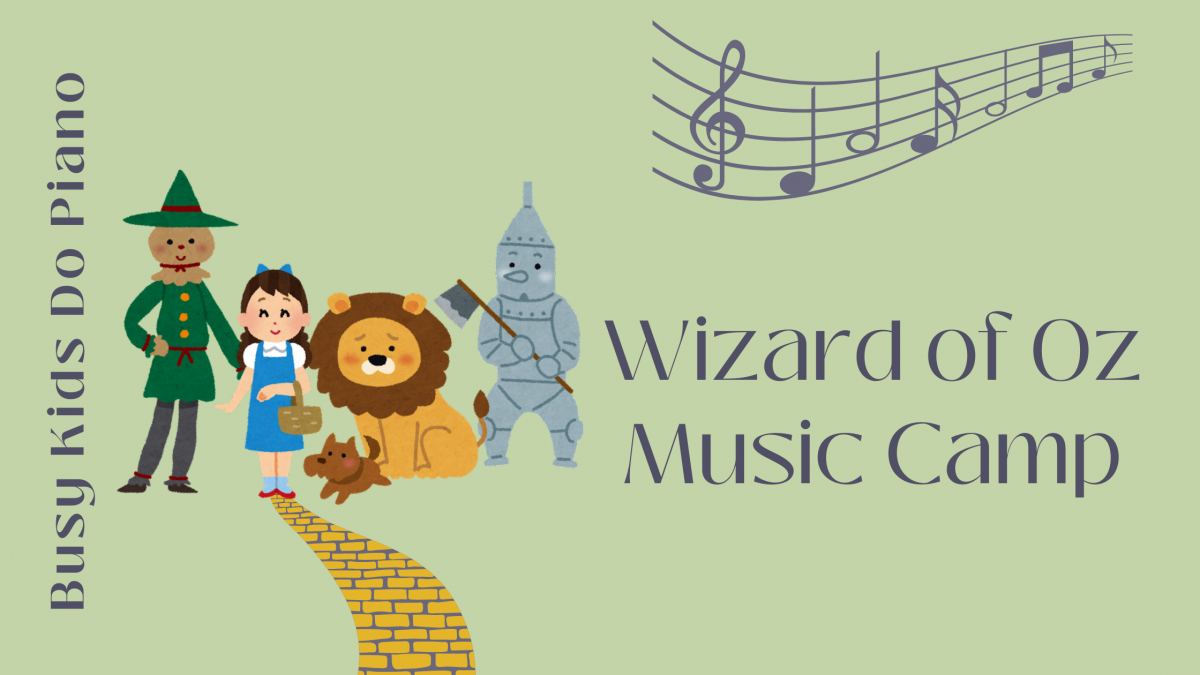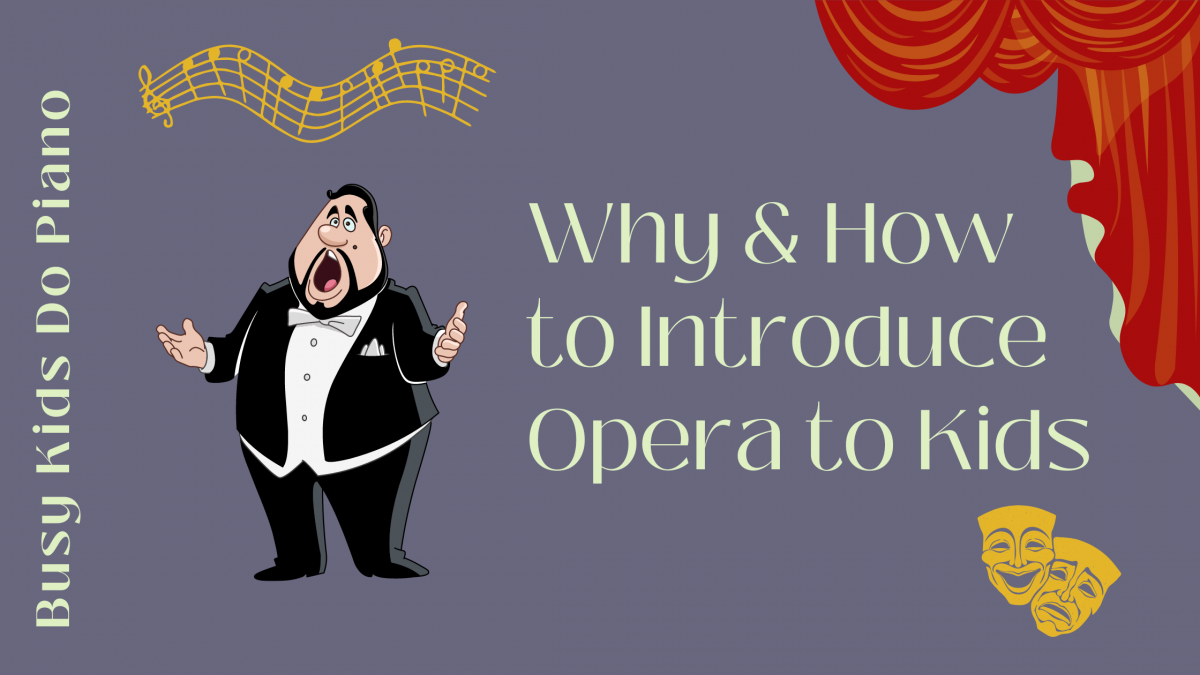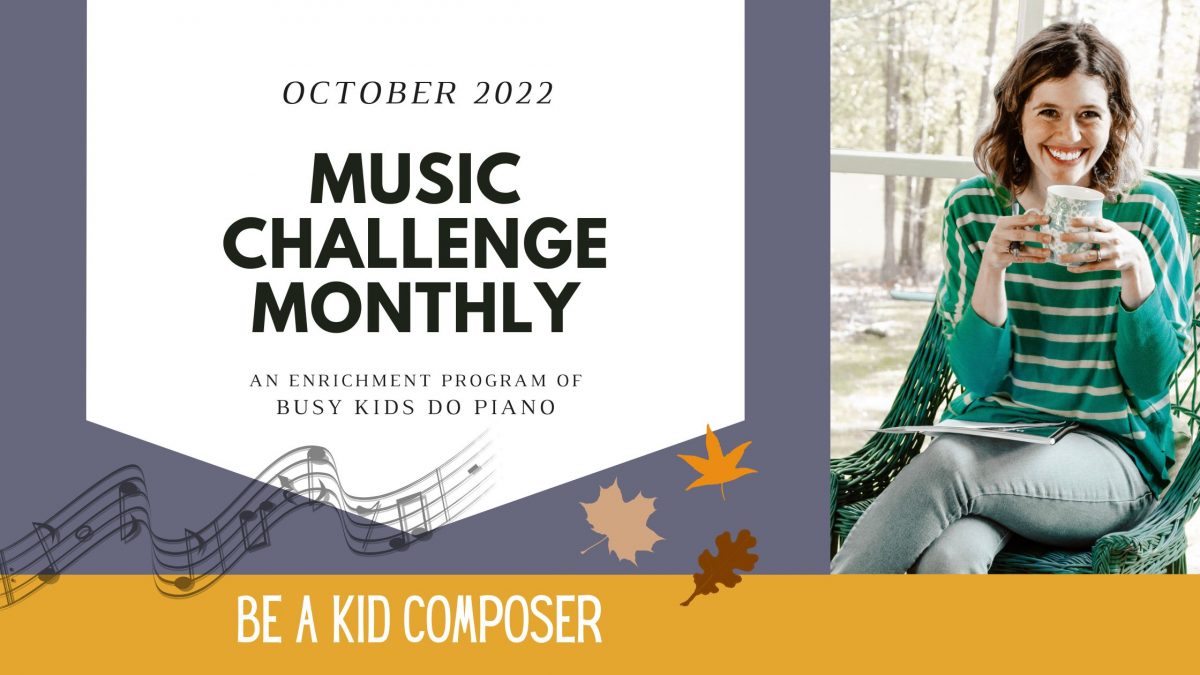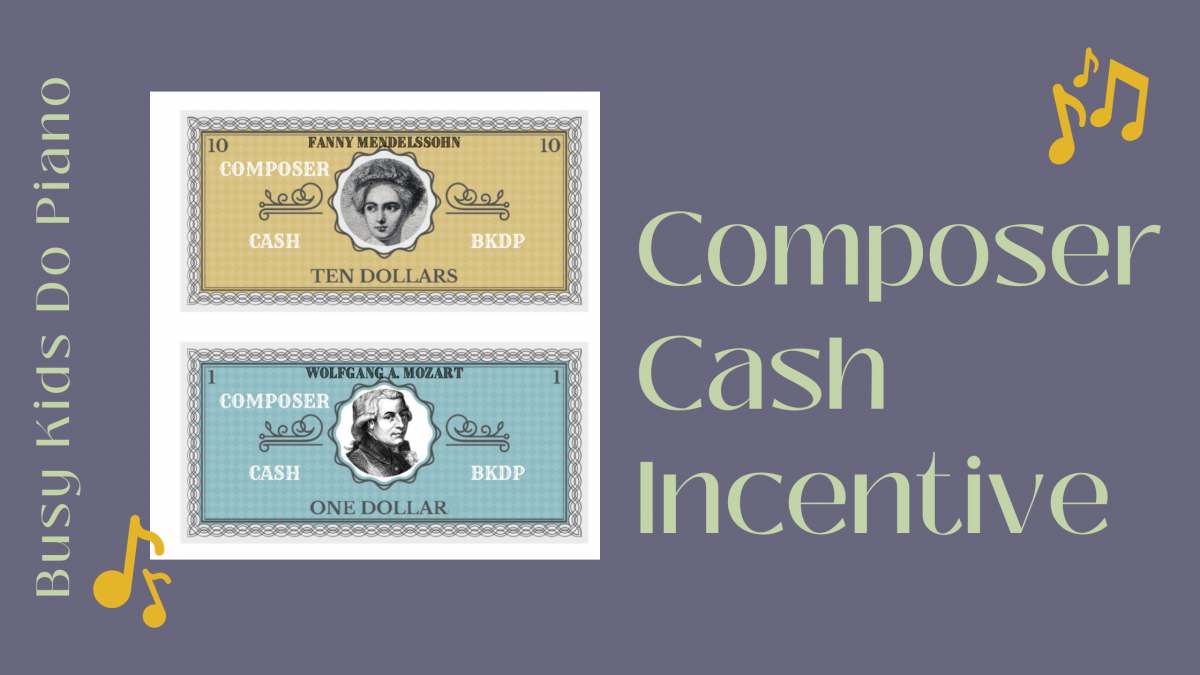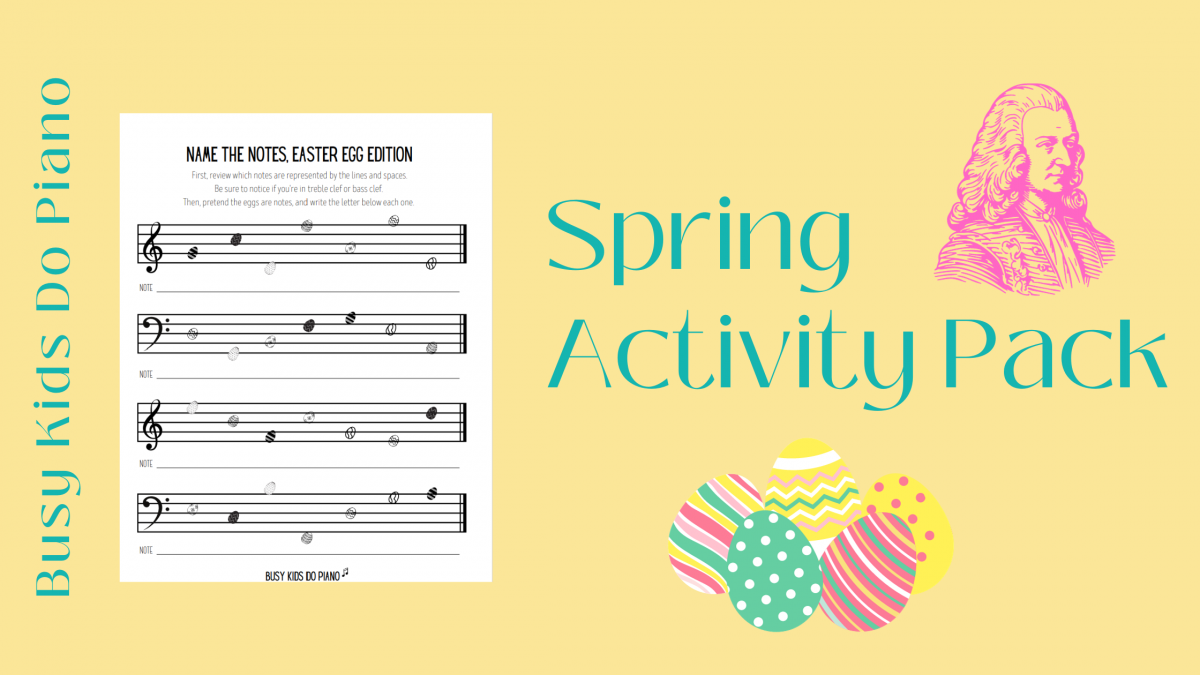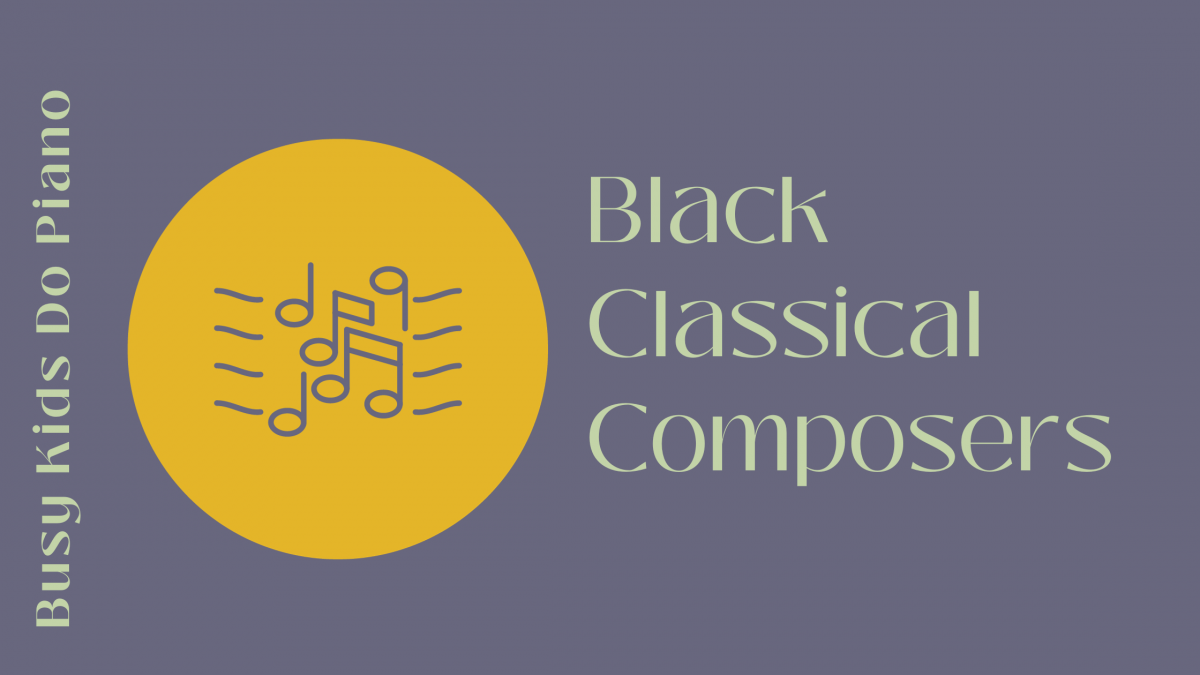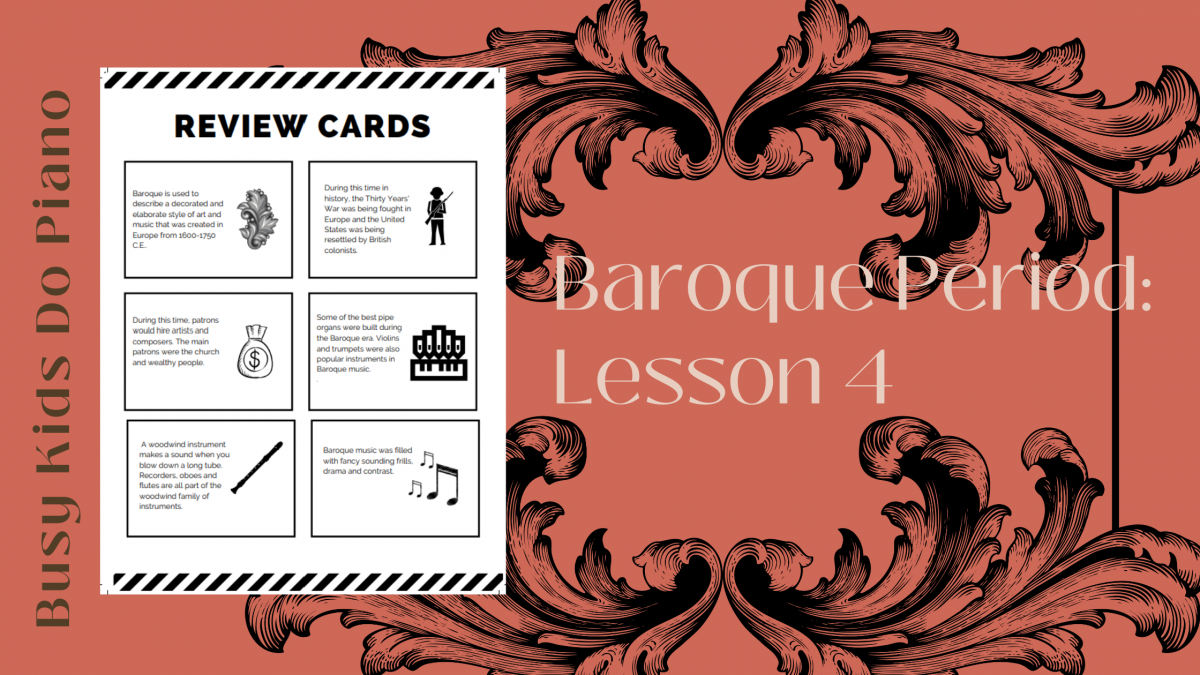The Wizard of Oz holds a special place in the hearts of many, with its timeless story and unforgettable music. For decades, it has captivated audiences of all ages, transporting them to the magical land of Oz. I’m thrilled to invite you and your young adventurers to join us on a whimsical journey down the yellow brick road with my FREE 3-day online camp inspired by the Wizard of Oz!
Tag: homeschool music
Why and How to Introduce Kids to Opera
Music is a powerful force that can enrich a child’s life in countless ways. In the vast world of classical music, introducing kids to opera opens doors to a unique and enchanting experience. Let’s explore why opera is a fun and interesting way to connect kids with the rich history and relevance of classical music. Continue reading “Why and How to Introduce Kids to Opera”
Be a Kid Composer
Simply stated, I’m obsessed with fall. Around this time every year, I pull out my favorite coat and boots, and start wanting pumpkin-flavored treats and warm cider. For our download this month, I wanted to give your student an opportunity to relish the delights of fall as well. As we near November, the days are shorter, the rain clouds linger, and the leaves turn golden. It’s a very special, beautiful time of year and it tends to bring a certain vibe, a feeling quite different from the excitement of summer. Continue reading “Be a Kid Composer”
Composer Cash Incentive
There’s always something nostalgic and appealing about play-money, isn’t there? I grew up playing Monopoly and LIFE, and I remember loving a nice stack of pastel-colored cash. It felt so empowering to earn and spend my money, making grown-up types of deals with high dollar values. I bet you could tell me the color of the $500 bill in Monopoly, right? That’s how impactful these kinds of games are to us as kids!
This month, I wanted to create that feeling for my students. The download contains printable Composer Cash, featuring a different composer on the various bills, as well as a reward chart. But the rest of the challenge is up to you, and provides a great opportunity for you to connect with your student in a meaningful way to discuss not only their piano goals, but also what kinds of incentives mean the most to them. Continue reading “Composer Cash Incentive”
Spring Activity Pack
Do you have memories from childhood of hearing a song that made you feel happy, sad, or excited? At what point did you begin to associate music with different feelings? Many of us probably found some of this awareness around middle school or high school, when we began to experience more of the ups and downs of life. Most of us found songs to accompany us through those times. Music can be nostalgic and emotional. It can be a strong influence and a significant part of our stories. Continue reading “Spring Activity Pack”
Black Classical Composers
When we think about African American music, we tend to think about spirituals, jazz and gospel genres. To be sure, these are genres that have been created and shaped by Black composers and musicians. However, something we often overlook is Black classical music and Black classical composers.
Though I have been trained in classical music my entire life and studied music in college, I never heard names such as William Grant Still or Florence Price until recently. Many Black composers have been largely absent from the study of classical music. Let’s take a moment to learn about three of these brilliant composers and their contributions to classical music.
The Baroque Period: Lesson 4
This lesson is part 4 of 4 that I’ve released on the Baroque period of music. These lessons are a part of my online course, Busy Kids Do Music History. Today’s lesson will review everything we’ve learned so far in the series!
To view Lesson 1, click here.
To view Lesson 2, click here.
To view Lesson 3, click here.
The creation of Baroque music was driven by the patron — the church and the wealthy.
Music was a display of wealth, talent and all things fancy. New musical forms rose in popularity, and composers of the time produced hundreds of compositions for their patrons.
Let’s review what we learned about the Baroque era of music and composers! Continue reading “The Baroque Period: Lesson 4”

